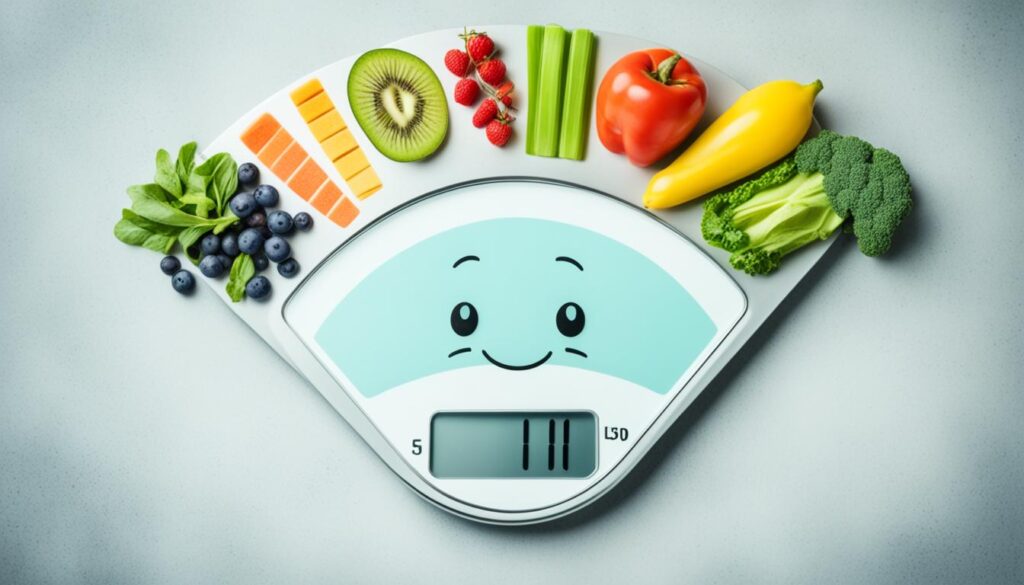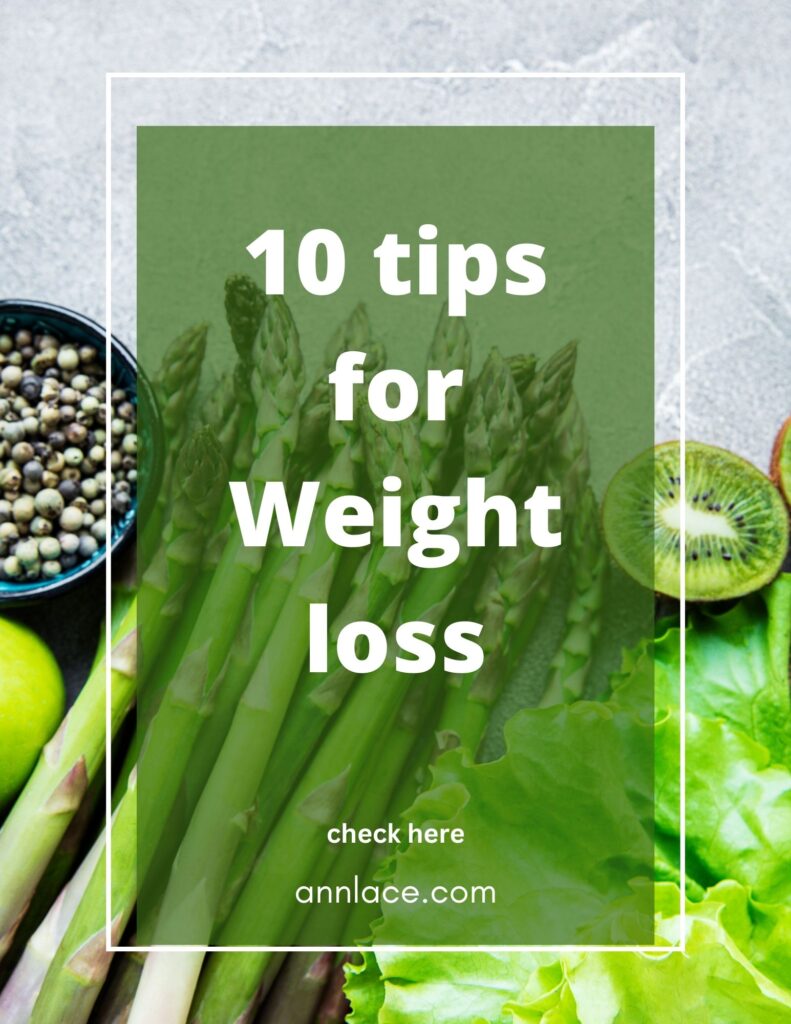1. Prioritize Sleep and Manage Stress

Believe it or not, sleep and stress management play significant roles in weight loss. Poor sleep and high-stress levels can disrupt hormonal balance, increase cravings, and negatively impact your ability to make healthy food choices. Aim for 7-9 hours of quality sleep each night and explore stress management techniques like meditation, yoga, or deep breathing exercises. Accept yourself, don’t stress about it. Stress can increase insulin and blood glucose, and affect your metabolism and health. It’s key to manage stress and take care of yourself for a healthy balance.
weight loss
Practicing mindfulness and relaxation can also help. Activities like meditation, deep breathing, or hobbies you enjoy can reduce stress. These practices help calm your mind and bring clarity.
Remember, stress is common, but how you handle it matters. By focusing on self-care, exercise, and relaxation, you can reduce stress’s impact on your well-being. Investing in yourself will lead to better stress levels and a better life.
2. GET TESTED
Tests should include TSH, T3 and T4 free, antibodies, prolactin, insulin, aldosterone, triglycerides, leptin, glucose, and glycated hemoglobin. These conditions, like hypothyroidism and hyperprolactinemia, can make losing weight hard.
Leptin, the “satiety hormone,” helps control appetite and energy use. But in conditions like hypothyroidism, leptin production can be affected. This can lead to increased hunger and weight gain.
Carbohydrate metabolism disorders, like insulin resistance, can also make weight loss tough. These disorders affect how the body uses glucose, leading to weight gain. Glycated hemoglobin can also be affected, showing poor blood sugar control.
Those with these conditions may need a team of healthcare professionals to help manage their weight. A personalized plan might include medication, dietary changes, and exercise to support weight loss and health.

3. LEARN TO DISTINGUISH HUNGER AND APPETITE
“Constant hunger” might just be a strong appetite. Hunger is when you’re ready for bland food. A preference for certain dishes shows an awakened appetite and a desire for sweets.
4. Focus on your meal
Eating should be about the food and its taste. Talking while eating or distractions like TV can slow digestion. This can lead to overeating, which causes weight gain.
5. Regular Bowel movement is key for weight loss. Many focus on diet and exercise but forget about bowel movement. It’s crucial for a healthy weight.
Irregular bowel movements can lead to waste and toxins in the body. This slows down metabolism, making weight loss harder.
To help, eat a diet rich in fiber. Include fruits, veggies, whole grains, and legumes. Drinking plenty of water also helps.
6. Intermittent Fasting
Start with skipping one meal a day, then move to the 8/16 system. Gradually increase to fasting for 1-2 days a week. Listen to your body.
Intermittent fasting cleans up damaged cells and improves health. It can also help with weight loss and improve insulin sensitivity.
But, it’s not for everyone. Talk to a doctor if you have health issues or are pregnant. Listen to your body during fasting.
Starting slow and listening to your body is key when trying intermittent fasting.

7. DON’T LOOK FOR MIRACLE PILLS TO LOSE WEIGHT
They don’t exist. Ozempic is not a safe option for weight loss. It can cause pancreatic pain.
Ozempic can increase glycation and destroy proteins. It can lead to a “Ozempic-face” effect and disrupt digestion. It also increases the risk of cancer.
8. Increase Protein Intake
Protein is vital for muscle growth and repair. It helps with metabolism, satiety, and weight management.
Try to incorporate protein to every meal. Doctors recommend to have at least 100 grams of protein a day.
Bone Broth Protein is the best option .
Protein breaks down into amino acids, which repair and build tissues. Increasing protein supports muscle growth and boosts metabolism.
9. Reduce Sugar intake and prosseced food for weight lossWhen it comes to weight loss, reducing sugar intake and minimizing processed food consumption are two essential factors to consider. Excessive sugar intake can lead to weight gain as it provides empty calories without any nutritional value. By cutting down on sugary drinks and snacks, you can significantly reduce your calorie intake and potentially shed those extra pounds.
Processed foods, on the other hand, are often high in added sugars, unhealthy fats, and sodium. These foods tend to be calorie-dense but nutrient-poor, meaning they provide little nutritional value for the number of calories they contain. By opting for whole, unprocessed foods such as fruits, vegetables, lean meats, and whole grains, you can fuel your body with nutrients while also managing your weight.
10. Embrace Regular Physical Activity
In addition to making dietary changes, incorporating regular physical activity is crucial for weight loss and overall health. Engaging in exercises such as cardio, strength training, and flexibility exercises can help burn calories, promote fat loss, increase muscle mass, and boost metabolism.
Consistency is key when it comes to physical activity. Striving for at least 150 minutes of moderate-intensity exercise or 75 minutes of vigorous exercise each week can support weight loss efforts. Remember to find activities that you enjoy, as this will increase the likelihood of sticking to your exercise routine in the long run.
In summary, losing weight requires a balanced diet, less sugar and processed food, regular exercise, enough sleep, and stress management. By making these changes, you can start a successful weight loss journey and improve your overall health.





